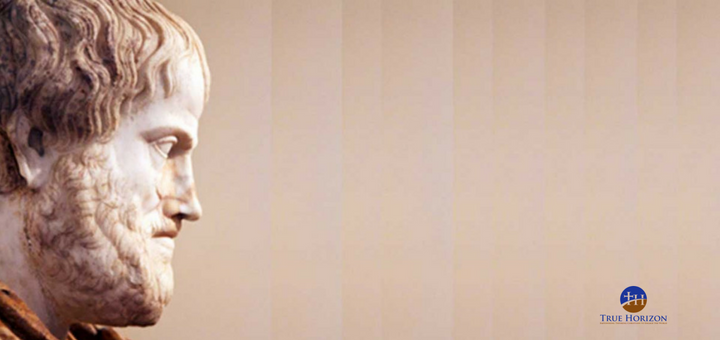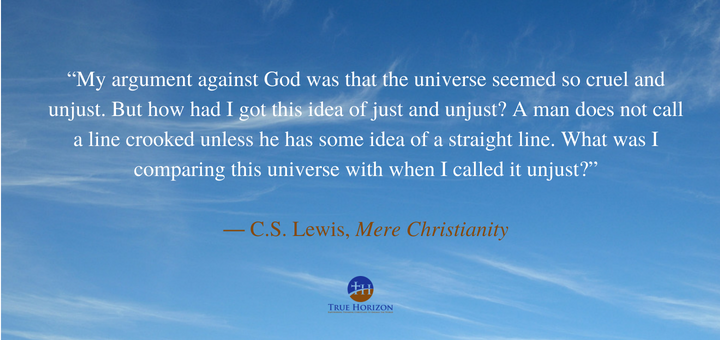Origins: A Philosophical Argument
There is no getting around the 2nd Law of Thermodynamics. It points to a beginning of the universe. Likewise, Big Bang Cosmology is one of the most rigorously tested and accurately confirmed theories in history. Opponents of theism may dislike the implications of these scientific pieces of evidence but there is no denying that they offer support for theism. That said, there is always a liability that comes with using scientific arguments like these to ground our case. Scientific conclusions can change. Fortunately, science isn’t all we have. There are also philosophical arguments for theism. I am no philosopher but let me present what I believe to be the most compelling one.
When you and I talk about “motion,” we think about physical things like baseballs transitioning from one point in physical space to another. But when philosophers talk about “motion” they mean something very different. Motion to a philosopher means change. Things are constantly changing so the world we observe is constantly “in motion.” This idea of motion includes objects moving through space but it also includes phenomena like leaves changing color, falling off trees. Motion includes the processes of life. Our bodies form, grow, get old, and then die and decay. The world is constantly in motion.
A God Who Begins Existence
Philosophers describe this ongoing process by saying that things are always “actually” in some state but have the “potential” to move to another state. Think of an ice cube. It is an “actual” block of frozen water but it has the “potential” to become a puddle, then steam, vapor, a cloud, a raindrop, part of a river that flows into a lake, and then something you pour in your glass. There is a continuous chain of events where actual things (with potential) change into other actual things. Something must cause each of these changes to occur. Whatever goes from potential to actual must have a cause.
And all this motion must have started somewhere.
The Unmoved Mover
If we trace the chain of events backward, the motion has to have started with something that not only did not move, but was unmovable. This “Unmoved Mover” must be “pure actuality” because it is something that never moved from potential to actual. Because of that, it does not require a cause. It is the First Cause. “And this,” Thomas Aquinas said, “is what we call God.”
This is a powerful theistic argument and you might notice that this philosophical proof is just like the Cosmological Argument we discussed a couple of posts ago. The concept of an “unmoved mover” that initiates all motion is similar to the claim that “beginnings require beginners.” These arguments are built on the idea that a chain of causation cannot go on forever. It has to have a beginning.
A God Who Sustains Existence
There is an even more powerful version of this argument that does not depend on when things began to exist. Instead, it offers proof that God exists based solely on the reality we experience in the here and now. This argument is not linear, but hierarchical. As philosopher Ed Feser explains:
… a hierarchical series is best introduced by thinking in terms of a sequence whose members exist at a single moment of time … so when it is said that such a series must have a first member, the claim is not that the series has to be traced back to some beginning point in the past. Rather, the series could not exist in the first place unless there was something that did have the power to hold up intermediaries without having to be held up itself.*
Ed Feser, Five Proofs of the Existence of God (p. 23)
Back to our ice cube. It sits inside a glass, but the glass sits on a table, and the table on the floor, and the floor on a building’s foundation … and so on. None of these things can just hold themselves up on their own. But there has to be something at the “bottom of it all” that holds all above it up without being held up itself. This something must have the ability to hold things up “built-in” to it in a non-derivative way (Feser, 27).
This [kind of] cause doesn’t need to have any potential for existence that needs to be actualized in the first place. It just is actual, always and already actual.
We are back to God.
The Power of Philosophy
These kinds of arguments are powerful because they do not depend on any scientific evidence. They come from simple, thoughtful contemplation of the world we see around us every day. You should familiarize yourself with them and be comfortable talking about them. If you are interested, there are others that Edward Feser outlines in terms laymen like me can understand in his newest book, Five Proofs Of The Existence Of God (linked below). Feser is a master communicator. He is clever, insightful, and succinct. Here is a great (short) summary interview with Feser about the arguments discussed above:
If you are interested in a more in-depth discussion of all of Feser’s arguments and his book, Five Proofs of the Existence of God, listen to this podcast interview with Frank Turek from CrossExamined:
- Edward Feser, Five Proofs Of The Existence Of God







4 Comments